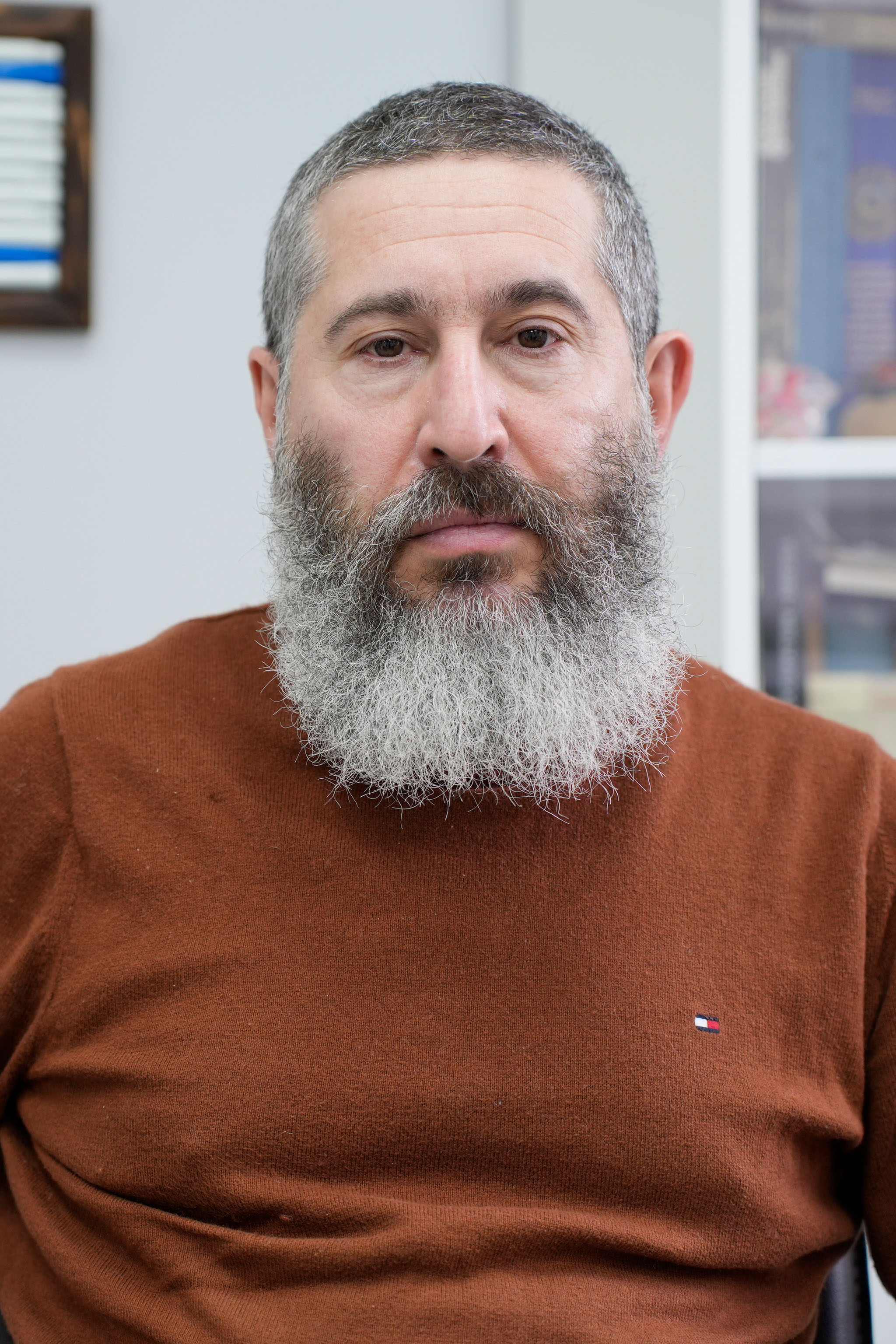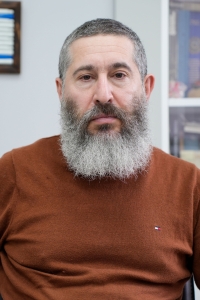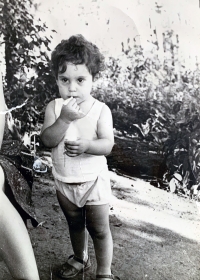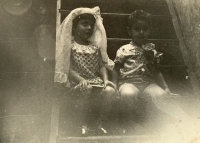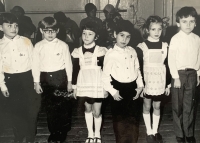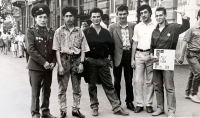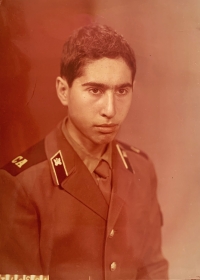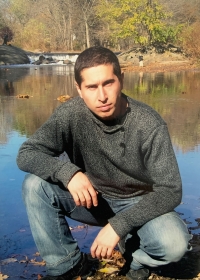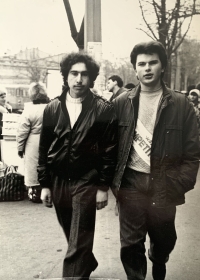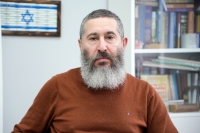One of the stories is literally fresh, let's say, from before the war. When a woman who didn't speak Russian came to the museum and said something in German, I had studied German at school and knew some words. And I talked to her about who knows what, and we walked around the museum for an hour and a half, I gave a tour, and how we communicated, I still don't understand: she doesn't speak Russian, I don't speak German. We were talking about something, and she says, “What are you doing tomorrow? Can you drive me?" I was showing the gunpowder depots, we have a big scale model in the museum, she says, “Can you show me this model, show me where it is in person? I want to go and see it.” "Sure," I say! She says, “I live in such-and-such hotel, just come [pick me up] again.” Well, the woman there is a German woman, of age, she came, I took her, took her around, showed her the territory, where it was, once again there, I had looked up how to translate it into German, I started to tell her how it would be in German. She looked at everything... and then I want to interrupt, yes. And the next thing. A commission had already been set up, there was a commission before the war to build a memorial at the location of the Jewish settlement. I was a member of that commission. This woman, as it turned out, was the oldest member of the German Bundestag, member of the Green Party, European Union representative for Ukraine, in general, just so you just understand. Marieluise Beck. And she is in this commission, where there was the Israeli ambassador, the German ambassador, the Romanian ambassador, the mayor of the city, a number of other people, myself included, and the rabbi, and others. And she tells how it all started, and she says, “When Pasha brought me and showed me these warehouses, I came sick to the hotel, and I called Angela Merkel, and I said, and I'm her friend, and I said, you know what happened here, all the time, like, here we have to build memorials. So she said, yeah, we're going to support it." She just told her that episode, yeah. And it all began, and there was a competition, and they did a huge project, and the money was even allocated by the German government. The war prevented this memorial from being built. But there was this episode with this person. I didn't know who she was at all, and that's how it turned out.
